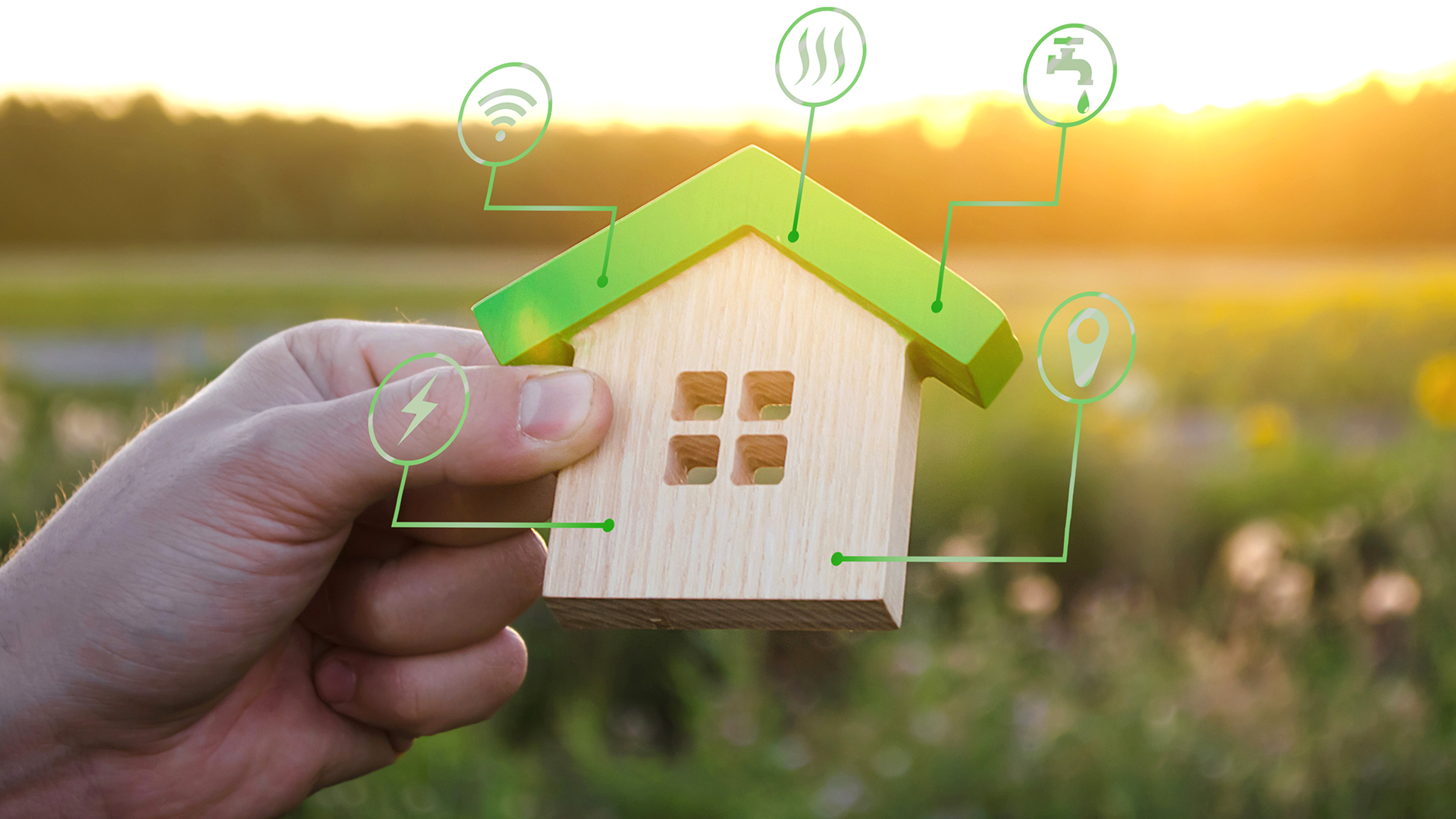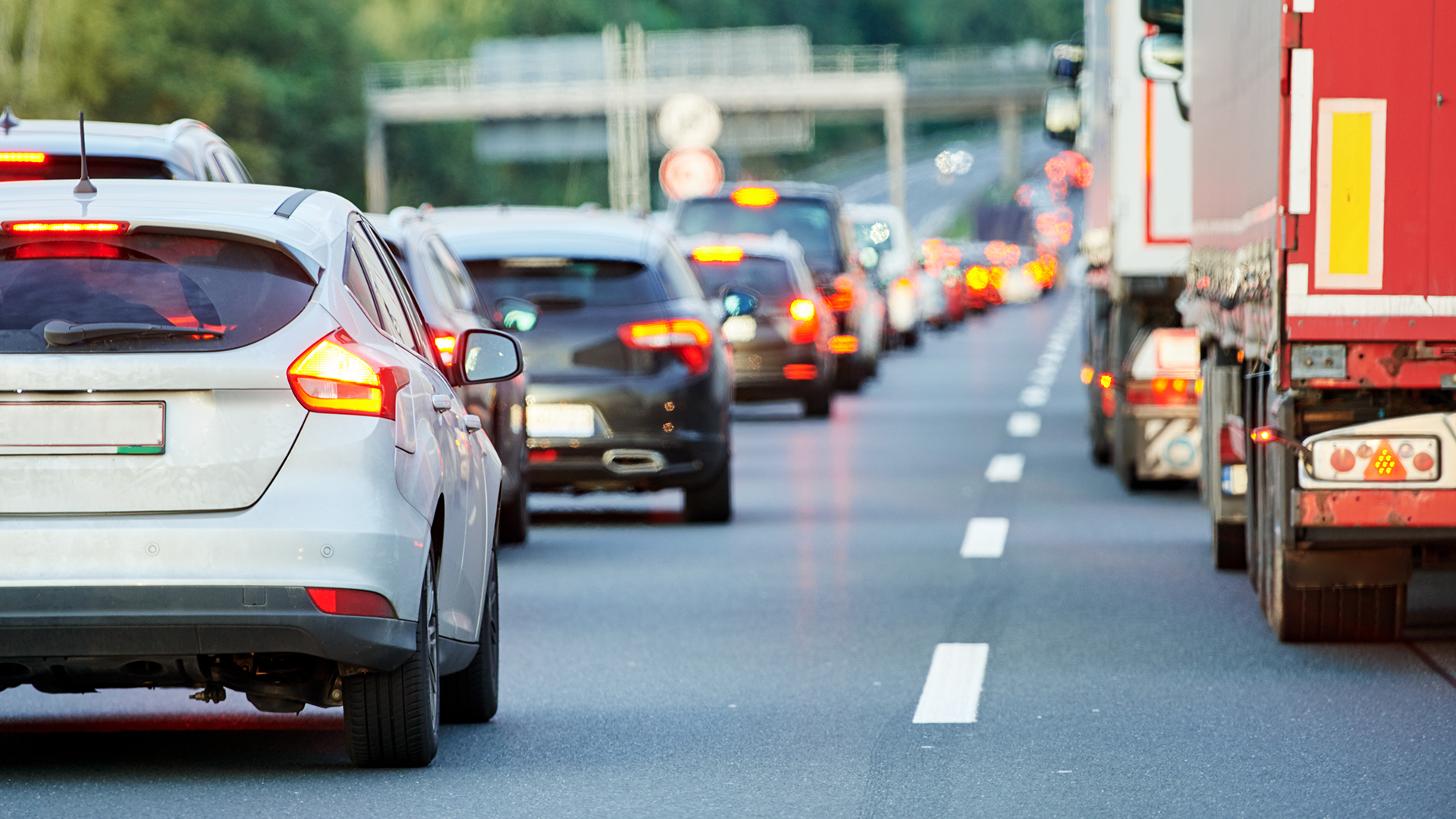Blog & News
Reduction

Ringing in the new year inevitably heralds a time for making resolutions…which aren’t always easy to keep! For me, reducing my environmental impact helps me a lot to manage my eco-anxiety, but how do I choose the actions that will have a real impact? If we want to improve our habits, let’s try to focus our energies on the right ones. And once we’ve chosen our angle of attack, how do we make these changes with kindness and without falling into a deep feeling of guilt?
I present here 6 actions to kickstart your efforts with the certainty that they’ll make a real difference for the environment. Think of these actions as the ideal goals to achieve but start by evaluating what’s most realistic for you and take it one step at a time to stay motivated!
Where do these actions come from?
The actions presented here are drawn from the independent study “The Future of Urban Consumption in a 1.5oC World”i developed in collaboration with academics, the C40 global network of cities and a global engineering firm. It demonstrates that citizens of rich countries have real power to avoid climate change through their consumption choices.
Of course, the responsibility does not rest solely on the shoulders of the consumer. The study specifies that the involvement of policy-makers and industry is also essential to limit global warming to 1.5 degrees by the end of the century.
1- Adopt a plant-based diet (vegetarian, vegan, etc.) – minimizing food waste
We can’t say this enough, reducing your meat and dairy consumption is one of the most accessible actions that has the greatest environmental impact. In fact, 25% of global greenhouse gas emissions1 come from the agricultural sector, and more than 75% of agricultural land is dedicated to livestock and its feed.ii On top of that, these dietary changes have a positive impact on deforestation, biodiversity, land use, pesticides and waterways. It’s an entire system that’s affected.

How?
Start by reducing bit by bit (1 in 3 meatless meals or one vegan dinner per week), find vegetarian alternatives to replace some or all of the animal protein (think TVP, tempeh, legumes or tofu) in a spaghetti sauce or for tacos, for example.
Next, pay attention to your food waste. Start by looking at what you’re throwing away, then decide on what your priority should be: better planning of your groceries, organizing your fridge, cooking smaller portions or learning how to prepare your leftovers. Don’t hesitate to use the resources from Food Fight here.
2- Keep your electronic devices for a minimum of 7 years
The lifespan of devices is estimated to be between 5 and 7 years. Let’s just say that that makes us reconsider the usefulness and relevance of changing cell phones every 2 years!
The main source of GHG emissions from these devices is related to the extraction and production of raw materials, often rare metals, and the lack of outlets for recycling them at the end of their life. The amount of energy required for use is quite small compared to the energy required to manufacture a device (e.g.: 13% of the energy consumed is related to the use of an iPhone 11 pro vs. 86% of the energy needed for its production).

How?
In short, it means less buying and more repairing or borrowing! We can also use our devices in a more ecological and conscientious way or get “new old” reconditioned, secondhand or recycled ones!
So, let’s resist the temptation to buy new and learn to repair our gadgets by organizing Fix-it Fairs, for example!
3- Buy a maximum of 3 new pieces of clothing per year
The fashion industry accounts for about 10% of global greenhouse gas emissions, more than air and sea transport combined!iii The excessive use of water, chemicals, miserable working conditions, transportation of clothes, their ephemeral use and their end of life in landfills are all good reasons to avoid encouraging fast fashion.

How?
First, try used! It’s amazing what you can find in thrift stores, garage sales or on Facebook Marketplace. When our clothes become worn out or out of style, why not try repairing them! When your wardrobe isn’t inspiring to you, it’s time to organize a swap with friends and acquaintances. You’ll quickly realize that what is old for you, is new for others!
And when the time comes to buy a new garment, try to choose a local, responsible, sustainable, quality brand.
4-Make at least one change in your lifestyle to change the system
It’s primarily the responsibility of governments and large corporations to change the financial and economic system or infrastructure but making individual choices to encourage this change influences the larger system. Figure out what’s achievable for you! We aren’t asking you to become radical activists overnight, but to demonstrate through your choices, and to make your voice heard on what we aspire to become collectively.

How?
For example:
– Switch your heating system to renewable energy;
– Change your financial investments and your financial institution to avoid the fossil fuel, arms or mining sectors;
– Improve the energy efficiency of your home (insulation, lights, heating, phantom loads, etc.);
– Participate in peaceful demonstrations or get involved at the political level to influence decision makers.
5- If you can, get rid of your personal vehicle
It’s not always easy in a beautiful country like Canada to part with our personal vehicle. In fact, transportation is the largest sector of carbon footprint of Quebecers. Moreover, the size of cars is constantly increasing while these vehicles consume more gasoline! In fact, 77% of new vehicle sales are in the light truck category (SUVs, pickup trucks, etc.)4, exacerbating our emissions!iv

How?
Most of us already have a vehicle so it’s better to use it for as long as possible (their lifespan is estimated at about 20 years!) than to change it for a newer model, for starters.
Then, try to reduce your daily use by finding alternatives that are accessible to you. It can be through biking, rollerblading, scootering, running, x-country skiing, carpooling, hitchhiking (even out in the country!) or taking public transportation. We are well aware that unless you live in the city, these actions are difficult to achieve. Go easy on yourself and choose another action if it seems too out of reach.
6- Limit yourself to 1 short plane trip every 3 years and 1 long plane trip every 8 years
Once again, a major challenge, and even more so for Canadians! The maximum recommended distance would be less than 1,500 km for the short trip. Remember that more than 3,500 km separates Montreal from Vancouver and that’s in the same country!
Second chance for indulgence here! To begin this process, think about staying local for your next vacation—the Quebec and Ontario regions are full of beautiful and diverse landscapes, take advantage of it!
For the rest, it might just be an opportunity to reconsider taking the plane for a long weekend in Toronto, for example ;).
Remember, none of us is perfect, but our power to act is grand!
The purpose of these 6 actions is not to intimidate you, but rather to understand how to prioritize our choices and take action. They also reflect the magnitude of the changes we must make as a society to limit environmental damage. So, it’s time to get started, you can also take part in The Take the Jump challenge here. Happy eco-responsible new year to all!
References
[i] The Future of Urban Consumption in a 1.5°C World (2019), C40 Cities, ARUP & University of Leeds
[ii] The State of Food and Agriculture, Moving forward on food loss and waste reduction (2019), FAO
[iii] Plein feu sur le 2e secteur industriel le plus polluant au monde : la mode (2021), Ville en vert
[iv] Ventes de véhicules automobiles neufs (2022), Stastitiques Canada

Speaker – Food fight
Camille Dussault
Adventurous, Camille is enthusiastically involved in projects that are close to her heart and runs on coffee and sunshine to help her meet these new challenges! She is known in her circle for her passion for vegetables and never misses an opportunity to cook her latest discovery for you. Her favourite topics of conversation are cycling in all seasons, her most recent reading and Hector, her brother’s dog.
View all posts...Related posts :
Contact us
Earth Day Canada
5818, boulevard Saint-Laurent
Montréal (Québec) H2T 1T3 Canada
Phone : (514) 728-0116
Toll free : 1 800 424-8758
Fax : (514) 303-0248
Email: hello@earthday.ca
2026 © Earth Day Canada. All rights reserved.
Privacy policy · Terms of use · Trademark



